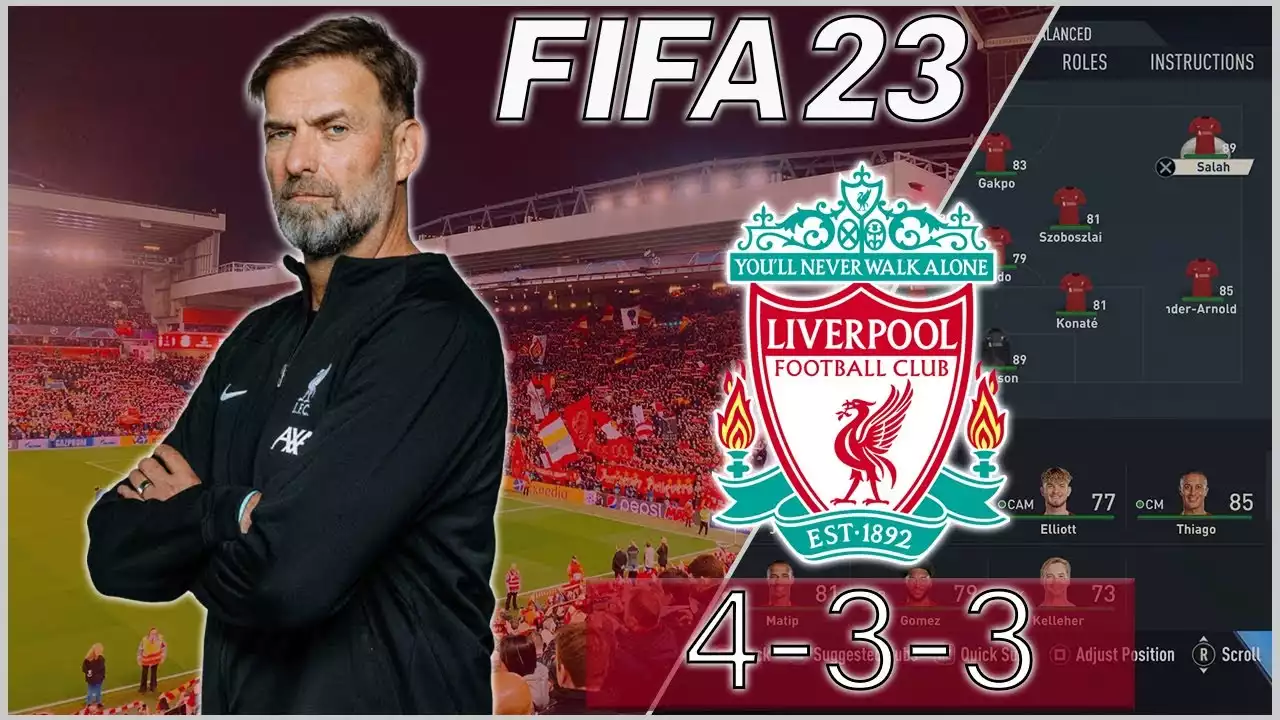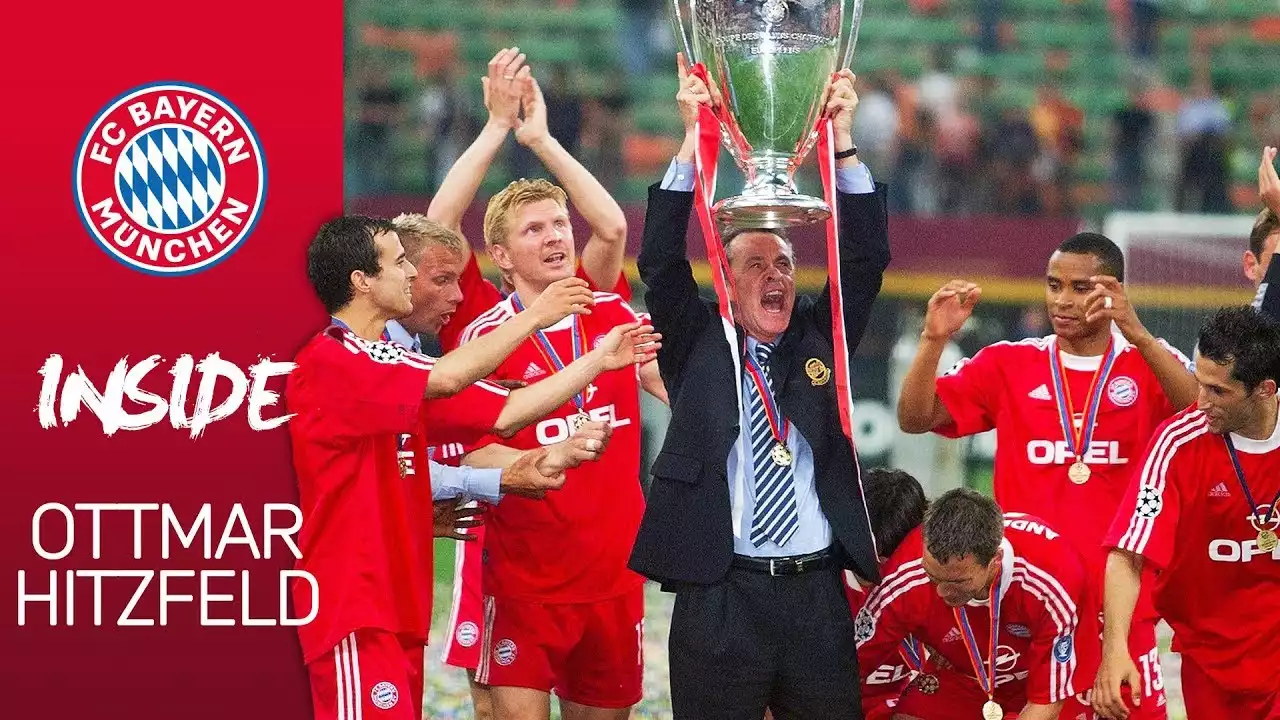The significance of the DFB-Pokal in German football
The DFB-Pokal holds a special place in German football. It is the oldest cup competition in the country, first held in 1935, and is highly regarded for its rich history and tradition. The tournament brings together teams from various divisions, allowing smaller clubs to compete against giants of German football. The allure of the DFB-Pokal lies in the excitement it generates among fans and players alike, creating an atmosphere of unpredictability and drama.
How the DFB-Pokal impacts managerial careers
The success or failure in the DFB-Pokal can have a lasting impact on a manager's career trajectory. A strong performance and progress in the tournament can enhance their reputation, attract attention from bigger clubs, and potentially open doors to higher-profile managerial positions. On the other hand, an early exit or poor showing may put their job security in jeopardy and could hinder future career opportunities.
The DFB-Pokal provides managers with a platform to demonstrate their ability to lead a team in high-pressure situations. The knockout format demands quick thinking, adaptability, and effective decision-making. Managers who can guide their teams to success in the DFB-Pokal showcase their ability to handle the pressure-cooker environment of knockout football, which is highly valued by clubs looking for capable leaders.
Examples of successful managerial careers influenced by the DFB-Pokal
Several notable managerial careers have been influenced by success in the DFB-Pokal. One such example is Jürgen Klopp, who rose to prominence during his time as the manager of Borussia Dortmund. Klopp led Dortmund to back-to-back DFB-Pokal finals in 2012 and 2013, winning the competition in 2012. This success not only solidified Dortmund's status as a force to be reckoned with in German football but also propelled Klopp into the spotlight. His tactical acumen and ability to bring out the best in his players attracted the attention of top clubs, eventually leading him to manage Liverpool in the English Premier League.
Another example is Thomas Tuchel, who made a name for himself as the manager of Mainz 05. Tuchel guided Mainz 05 to their first DFB-Pokal final in 2011, despite the club's limited resources. His team's impressive run in the competition showcased his ability to maximize the potential of his squad and caught the attention of Borussia Dortmund. Tuchel went on to manage Dortmund, where he continued to establish himself as one of the brightest managerial talents in Europe.
Challenges faced by managers in the DFB-Pokal
Managing a team in the DFB-Pokal demands a delicate balancing act between squad rotation and fielding the strongest lineup to ensure progress in the tournament. Unlike league competitions, where managers have more opportunities to recover from a poor result, the DFB-Pokal offers no second chances. Managers must carefully assess the strength of their opponents and make tactical decisions accordingly. This requires astute judgment and the ability to adapt to different styles of play.
Furthermore, the schedule congestion in the DFB-Pokal can present additional challenges. Clubs participating in European competitions often have to juggle their commitments in both tournaments, which can stretch the resources of the squad and put strain on the manager. Balancing player fitness, rotation, and prioritizing certain matches can be crucial in the DFB-Pokal, where a single misstep can mean elimination.
Strategies for success in the DFB-Pokal
To achieve success in the DFB-Pokal, managers employ various strategies tailored to their teams' strengths and weaknesses. Some opt for a cautious approach, focusing on maintaining defensive solidity and capitalizing on counter-attacks. Others adopt an attacking style, aiming to outscore their opponents and dominate the game. The key lies in finding the right balance between defensive resilience and attacking prowess.
Moreover, managers must carefully analyze their opponents and devise specific game plans to exploit their weaknesses. Studying the opposition's playing style, key players, and recent performances can provide valuable insights that can be utilized to gain an advantage. Effective communication with the players and ensuring they understand and execute the game plan is also essential in achieving success in the DFB-Pokal.
The role of the DFB-Pokal in attracting top managerial talent
The DFB-Pokal serves as a stage for managers to showcase their abilities and attract the attention of top clubs. Success in the tournament demonstrates managerial competence and the ability to perform under pressure, qualities that are highly sought after by clubs looking to appoint new managers. The exposure gained from managing a team in the DFB-Pokal can significantly enhance a manager's reputation and increase their chances of landing higher-profile positions.
Additionally, the DFB-Pokal provides an opportunity for young and aspiring managers to make a name for themselves. Smaller clubs often appoint promising young managers who have shown potential in lower divisions and give them the chance to prove themselves in the DFB-Pokal. A successful cup run can act as a springboard for their careers, allowing them to attract attention from bigger clubs and potentially secure more lucrative managerial roles.
The impact of winning or losing in the DFB-Pokal on a manager's reputation
Winning the DFB-Pokal can have a transformative effect on a manager's reputation. It validates their tactical acumen, man-management skills, and ability to guide a team to success. The triumph in a prestigious competition like the DFB-Pokal resonates with fans, players, and club owners, elevating the status of the winning manager. It can lead to increased job security, improved bargaining power in contract negotiations, and the opportunity to manage at higher levels.
Conversely, a loss in the DFB-Pokal can cast doubts on a manager's abilities and raise questions about their suitability for higher-level positions. It exposes weaknesses in their tactical approach or squad management and can lead to a loss of confidence from fans, players, and club owners. Managers who suffer early exits from the tournament or experience repeated failures may find it challenging to rebuild their reputations and attract interest from top clubs.
How the DFB-Pokal can open doors for managerial opportunities
Success in the DFB-Pokal can open doors for managerial opportunities that may not have been available otherwise. It provides managers with a platform to showcase their skills to a wider audience, including club owners, sporting directors, and football pundits. The exposure gained from a notable cup run can generate interest from clubs seeking a change in leadership or looking to invest in promising managerial talents.
Furthermore, the DFB-Pokal success can also lead to invitations to manage teams in international competitions. Managers who excel in the German Cup may receive offers to lead national teams or clubs in other countries. The experience gained from managing in a high-pressure knockout tournament like the DFB-Pokal can be invaluable in these international settings, where the stakes are often even higher.










